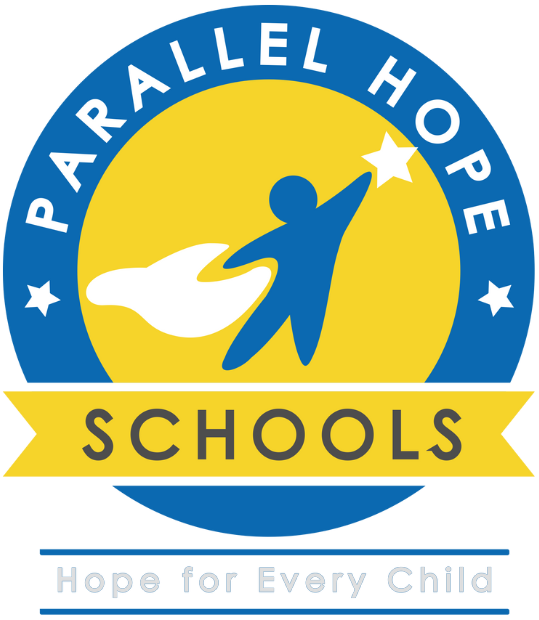There has been plenty of controversy recently concerning subject material being taught in schools and who should be able to determine what that material should contain. Often, the divide has been politicized, with the concept of parental authority lost in the process. Some parents are even wondering if they should seek an alternative method of education for their children. This topic, however, is not new.
In 1922 the state of Oregon amended its compulsory education statute to state that all students in Oregon between the ages of 8 and 16 must attend Oregon public schools. According to Encyclopedia Britannica, two organizations operating private schools in Oregon, the Society of Sisters of Mary and the Hill Military Academy, challenged the constitutionality of the statute under the Fourteenth Amendment, alleging that it deprived them of property without due process of law. In a 9-0 decision in 1925, the Supreme Court held that the state did not have the right to dictate where parents educated their children, only that they must educate. It also ruled that the state does have the jurisdiction to ensure that good moral authority be upheld, and that essential subjects necessary for good citizenship be taught in these schools. This was a landmark decision that has been referenced by courts repeatedly since.
The issues of good moral authority and essential subject material are at the forefront today. More and more parents are feeling that their children are being violated in one or both of these areas. In addition, there is even evidence that schools are failing to have all children academically prepared to thrive as adults in the world today. This, then, brings up some questions. First, what constitutes “good moral authority” as the 1925 Supreme Court understood it? Second, what are “essential subjects” as the Court understood it? Third, are there any options for parents to ensure that these concepts are followed for their children? Fourth, should children be taught to think according to these standards or should they just be made to know whatever material is taught for assessment tests? The difference in this last may not be understood.
In the next few blogs, we will discuss each of these questions. This discussion will strive to explain more reasons behind the decision to open Parallel Hope Schools, Inc. Helping students learn according to their natural bent in a morally safe climate that supports the family is a goal of the school. Another goal is to help the student practice the art of thinking using facts and research at hand in order to be able to thrive in society as an accomplished adult. These goals may be why King Solomon wrote years ago, “Train up a child in the way he should go, and when he is old he will not depart from it.”

